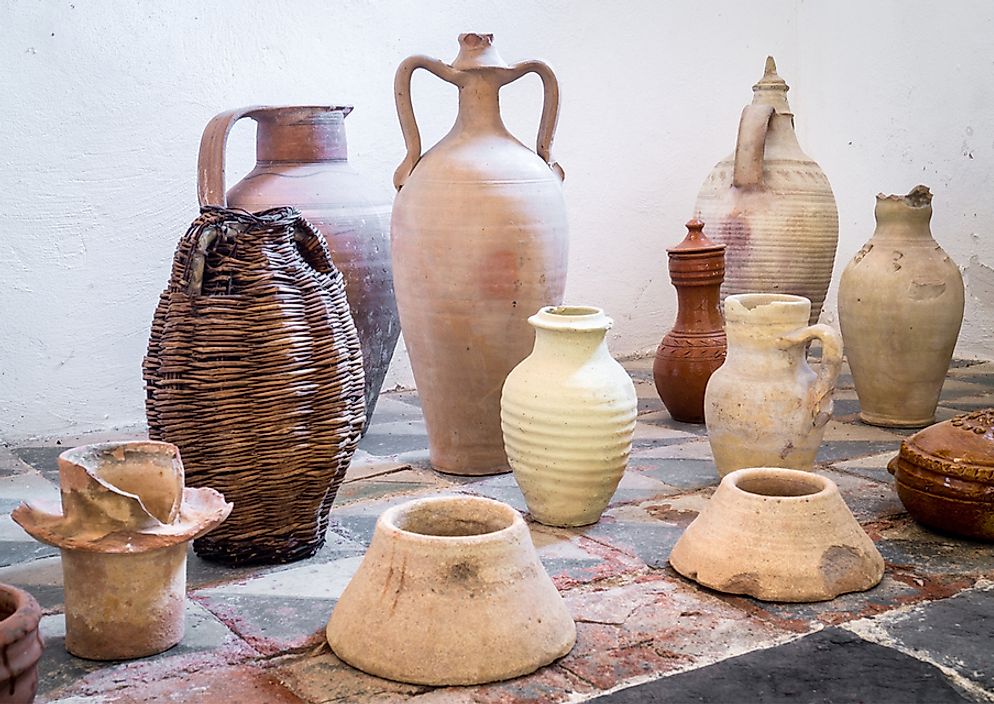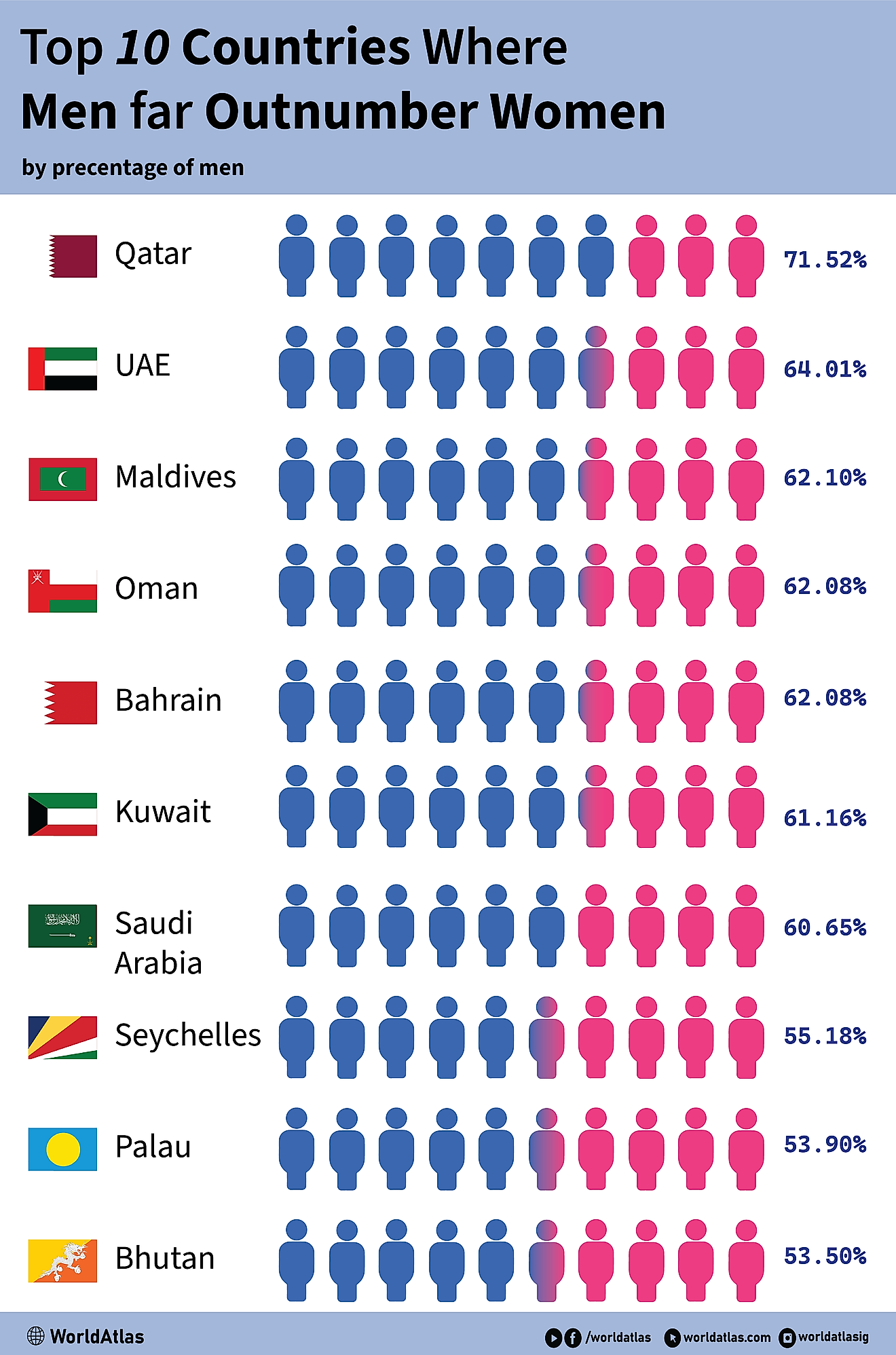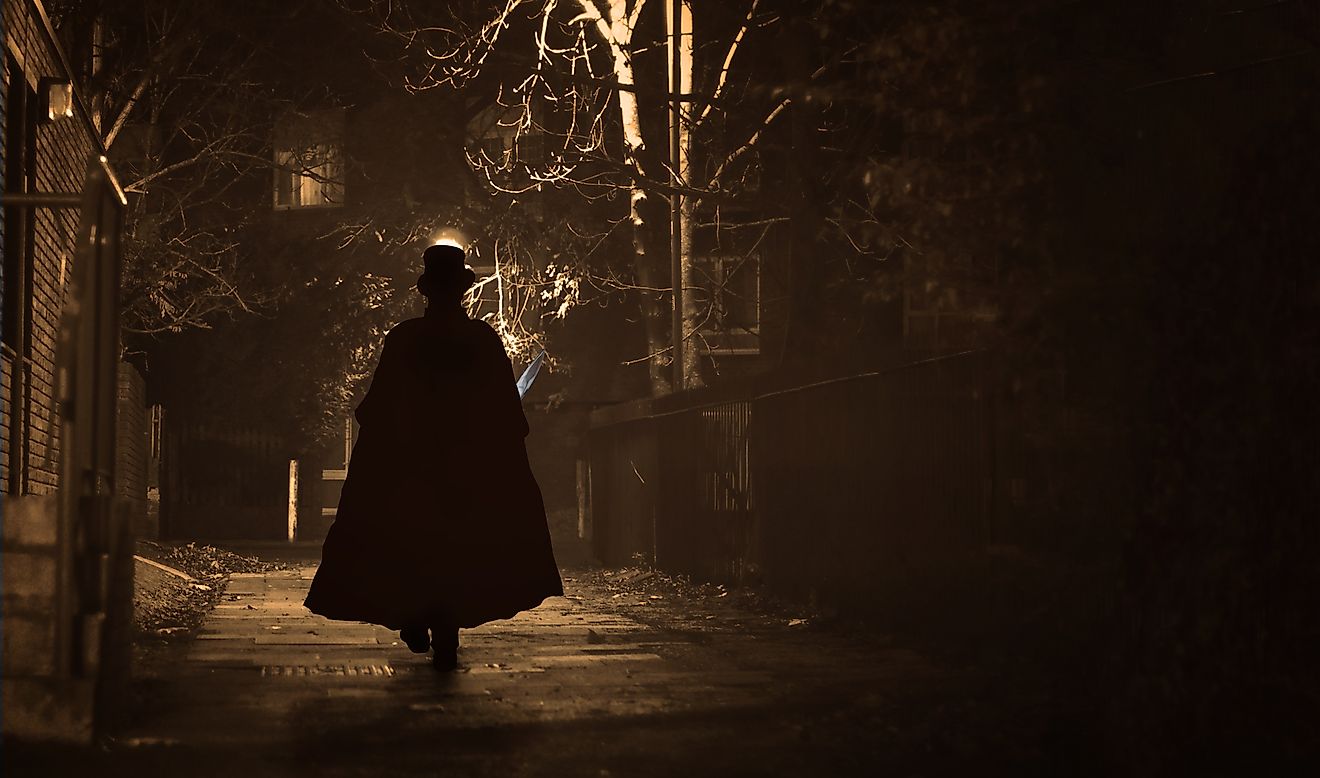What Is Terracotta?

What Is Terracotta?
Terracotta is a reddish-brown porous clay that is used as a medium for building materials and sculptures. Once the clay is manipulated into its desired form, it is dried and then heated in an oven or over a burning material. In fact, the name “terracotta” comes from the Italian language and means “baked earth.” This material is also sometimes referred to as earthenware. Its striking color is caused by the reaction between the high iron content of the clay and the oxygen in the air. The final baked product may be glazed or left unglazed, although only glazed terracotta is waterproof. Terracotta has been used throughout history and can be found in countries all over the world. The substance has long been valued for its strength, abundance, and low cost.
History of Terracotta
As mentioned, terracotta has been used throughout history. Some of the earliest examples date back to 24,000 BC, during the prehistoric age, and have provided valuable insight into life during the Paleolithic era. Interestingly, ancient terracotta was shaped into small figurines rather than more utilitarian pieces, indicating that prehistoric cultures valued some form of art. Most of these earliest forms of terracotta were likely left to bake in the sun, rather than heated in ovens or directly over fire.
Archaeologists have uncovered a number of terracotta pieces around the world and each has given important information about historic cultures. In Pakistan, for example, researchers discovered terracotta figures of women that date back to between 3000 BC and 1500 BC. This discovery led academics to conclude that the society worshipped goddesses and perhaps focused their spiritual attention on fertility. The ancient Roman Empire also made use of terracotta, using it to create artistic reliefs (a three-dimensional piece where the subjects are raised from the background). Prior to the arrival of Europeans in the Americas, terracotta was the primary medium for cookware, pottery, and sculptures.
In addition to art and cookware, terracotta has also been used to create entire buildings. Additionally, it has been used to create roofing tiles and plumbing lines.
Well-Known Examples of Terracotta
Some terracotta artifacts are so intricate or of such cultural importance that they have become well-known throughout the world. One of the best examples is the Terracotta Army, located in the Shaanxi province of China. The site is home to over 8,000 terracotta soldiers with numerous horses and chariots. Emperor Qin Shi Huang, the first emperor of China, commissioned the work to guard over his burial site and to go with him into the afterlife.
Another outstanding example of terracotta is the Bell Edison Telephone Building, which is located in Birmingham, England. This building has an extremely detailed exterior, with balconies and carved arches over the second floor windows. It stands out from the other buildings in the neighborhood due to its unique terracotta color. This material was also valued by construction companies in the past due to its fireproof features, particularly in the American city of Chicago after the Chicago Fire of 1871.











